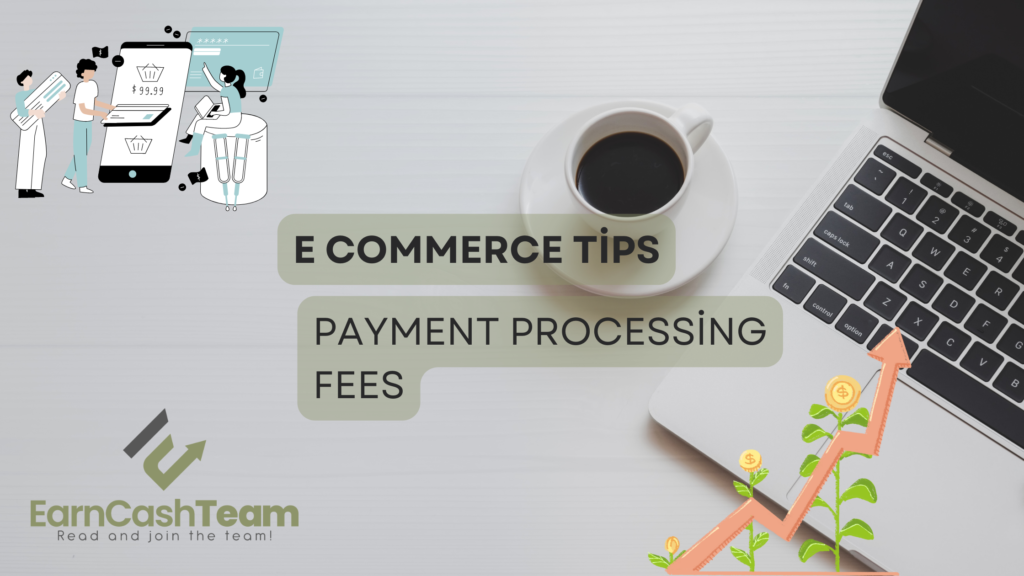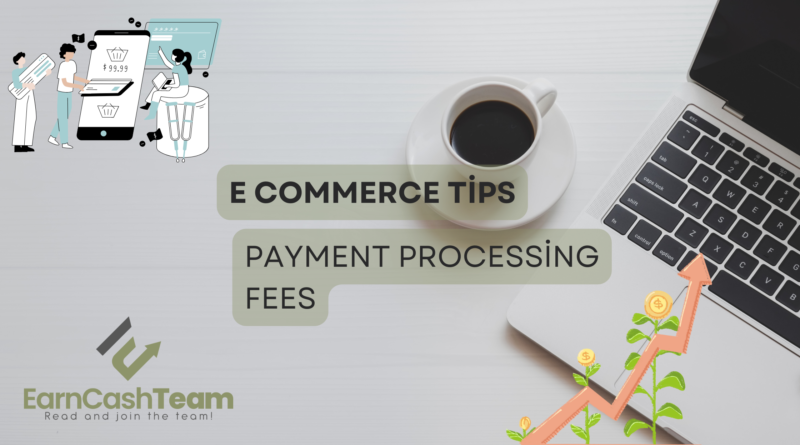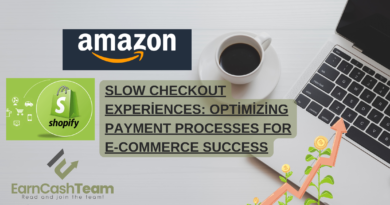Understanding Payment Processing Fees in E-Commerce
Credit card processing fees are an integral component of any ecommerce business, charged by payment processors, credit card networks and acquiring banks to facilitate electronic funds transfers between customers and merchants. While these fees can add up quickly and reduce profit margins quickly, it is crucially important that they remain under your radar.
You can check out other tips about e-commerce with us!

Understanding ecommerce transaction fees is crucial, but understanding their rates of calculation is just as essential. With this knowledge in hand, you can negotiate more effectively with prospective processors while also creating accurate pricing structures that remain cost effective and competitive.
Payment processing fees in ecommerce comprise three components, the merchant service provider fee, payment gateway fee and transaction rate. The merchant service provider fee serves as the foundational charge per payment processed and can be tailored based on volume as well as factors like security measures and fraud protection measures implemented within your business.
The transaction rate refers to the percentage of each sale that goes directly to credit card networks and banks, including interchange fees and assessment assessments as well as payment processor markup fees; it can vary based on processor. Transaction fees may also include additional charges due to specific events like chargebacks.
Ecommerce businesses must also factor in other costs related to credit card payments such as PCI compliance and fraud monitoring when setting their prices, including transaction fees. As these expenses will ultimately be passed along to customers through higher prices, retailers should always be honest about them when setting them.
Credit card processing fees can be complex, but there are ways to mitigate their costs. One effective method is limiting credit card usage for smaller transactions such as when selling items that cost under $50 each; cash and checks payments could help alleviate processing fees altogether.
One way to reduce fees is to choose a credit card processor that offers flat-rate transaction rates, which tend to be significantly cheaper than average transaction rates and can save money over time. You can also minimize chargeback risk; financial institutions may consider your business at increased risk and raise transaction fees accordingly.
Understanding credit card processing fees is crucial for every ecommerce retailer. By understanding how they work, you can more effectively negotiate with potential merchant service providers and avoid overpaying for services. Need some extra help managing your ecommerce business? Sign up for Synder Insights 15-day Free Trial now for personalized transaction reports on how much your business is spending on processing fees!




